
A River in Darkness
One Man’s Escape from North Korea
ISBN: 9781503936904
Pages: 172
Recommendation
Masaji Ishikawa’s brutally vivid memoir of life in North Korea depicts sorrow, hunger, deprivation, cold and loss. This short, intense portrait evokes the horrors he found after leaving his native Japan at age 13 in 1960. His Korean father decided to move the family to North Korea, in hopes of finding a better life in the “promised land” described in the country’s extensive propaganda. In fact, the family found only torment. In 1996 – after 36 years in North Korea – Ishikawa escaped back to Japan, facing the loss of his children and his identity. This English-language translation of his autobiography, which he wrote in Japanese in 2000, provides a rare look at life in one of the world’s most enigmatic, oppressive nations. Even with a few inconsistencies in the narrative’s timeline, Ishikawa’s saga is expressive and harrowing. getAbstract recommends it to anyone interested in North Korean life and to those who appreciate detailed personal histories.
Summary
About the Author
Masaji Ishikawa was born in Japan in 1947 to a Korean father and a Japanese mother. When he was 13 years old, his family moved to North Korea, where he remained until his 1996 escape to Japan.









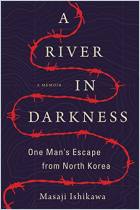
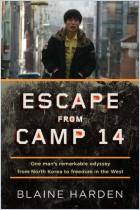
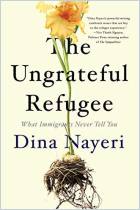
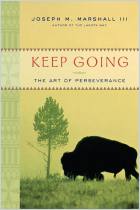
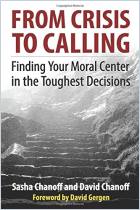
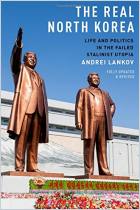
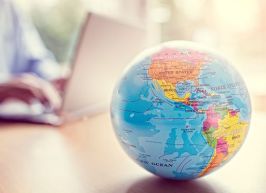

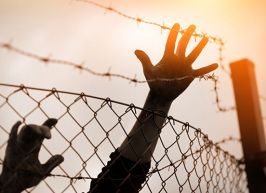


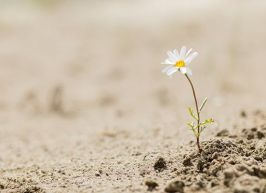
Comment on this summary or Diskussion beginnen